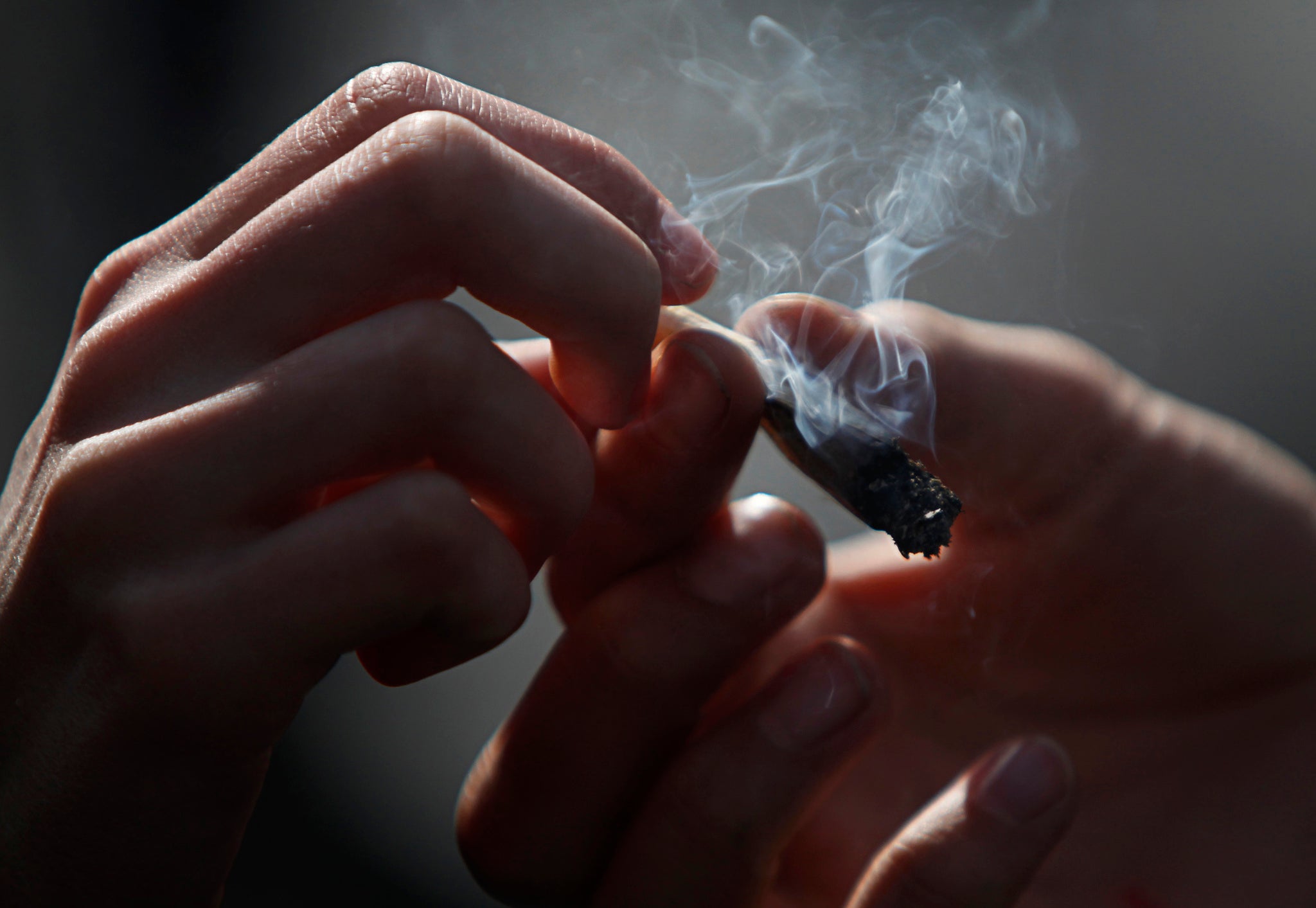Affectionless, strict parenting increases cannabis and alcohol use in kids, study claims
7,000 adolescents were interviewed, including some from the UK, to establish the parent-child relationship that is most beneficial for drug prevention

Your support helps us to tell the story
From reproductive rights to climate change to Big Tech, The Independent is on the ground when the story is developing. Whether it's investigating the financials of Elon Musk's pro-Trump PAC or producing our latest documentary, 'The A Word', which shines a light on the American women fighting for reproductive rights, we know how important it is to parse out the facts from the messaging.
At such a critical moment in US history, we need reporters on the ground. Your donation allows us to keep sending journalists to speak to both sides of the story.
The Independent is trusted by Americans across the entire political spectrum. And unlike many other quality news outlets, we choose not to lock Americans out of our reporting and analysis with paywalls. We believe quality journalism should be available to everyone, paid for by those who can afford it.
Your support makes all the difference.Having authoritarian parents increases the risk that children will use drugs and alcohol, scientists claim.
A new study across six European countries found that strict parenting runs the risk of driving children to tobacco, alcohol and cannabis.
The study also found that lax parenting, characterised by the absence of control and affection, also has the same damaging effect.
The European Institute of Studies on Prevention (IREFREA), based in Mallorca, Spain, alongside other universities, interviewed 7,718 adolescents between the ages of 11 and 19, across Spain, Britain, Portugal, Sweden, Slovenia and the Czech Republic.
The team’s aim was to analyse different types of parent-child relationships to find which one is most successful in warding off drug experimentation.
"Our results support the idea that extremes are not effective: neither authoritarianism nor absence of control and affection.
“A good relationship with children works well. In this respect, it can go hand in hand with direct control (known as 'authoritative' or democratic style) or not (style wrongly called 'indulgent')," the main author of the study, Amador Calafat, said.
The researchers placed each family into one of four categories: authoritative – those which “give clear rules, and affectionately and flexibly reason with the children when asking for their compliance;” authoritarian – as before but with less affection; neglectful – exercising low levels of control and being “scarcely affectionate”; and lastly, indulgent – exercising a low level of control but with more emotion.
The most beneficial relationships were found to be those that are authoritative and indulgent, with the most harmful being the authoritarian and neglectful.
“From a global personal health perspective, the 'authoritative' and 'indulgent' parental styles equally protect against the use of drugs,” Calafat said, adding that this observation was previously associated with Mediterranean and South American cultures only.
The study was published in the journal Drug and Alcohol Dependence.
Join our commenting forum
Join thought-provoking conversations, follow other Independent readers and see their replies
Comments